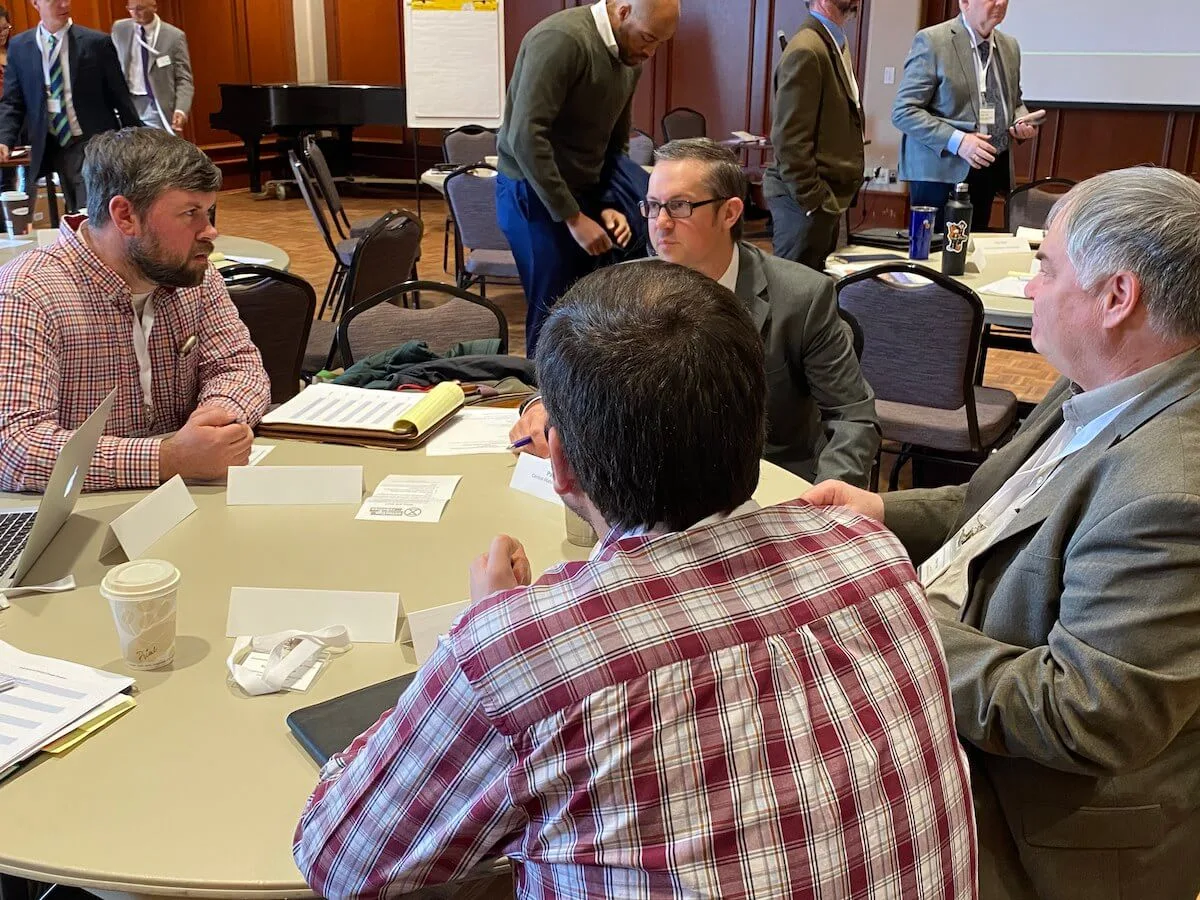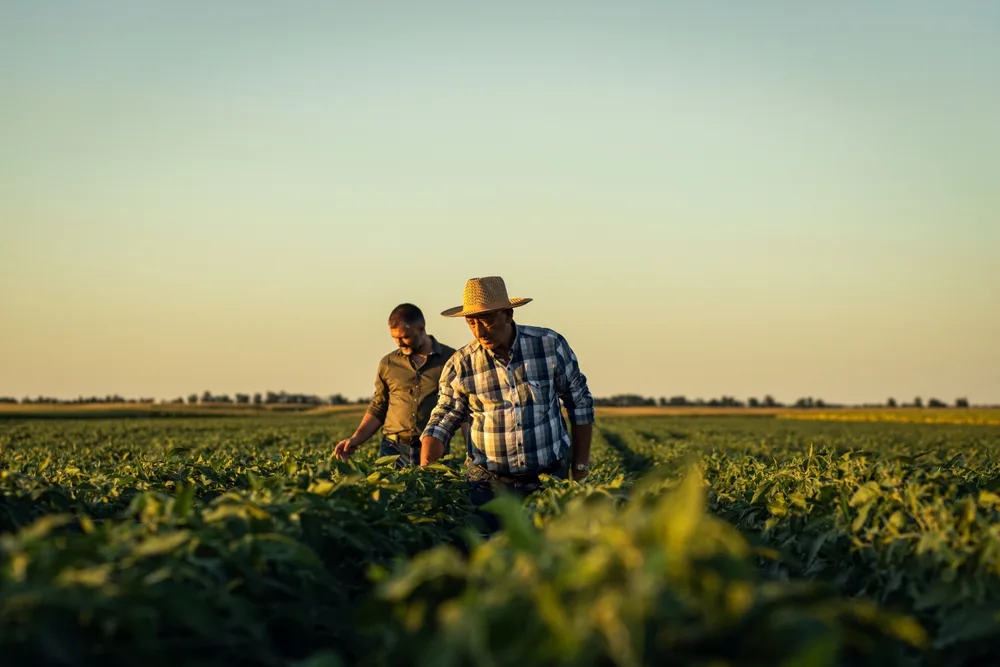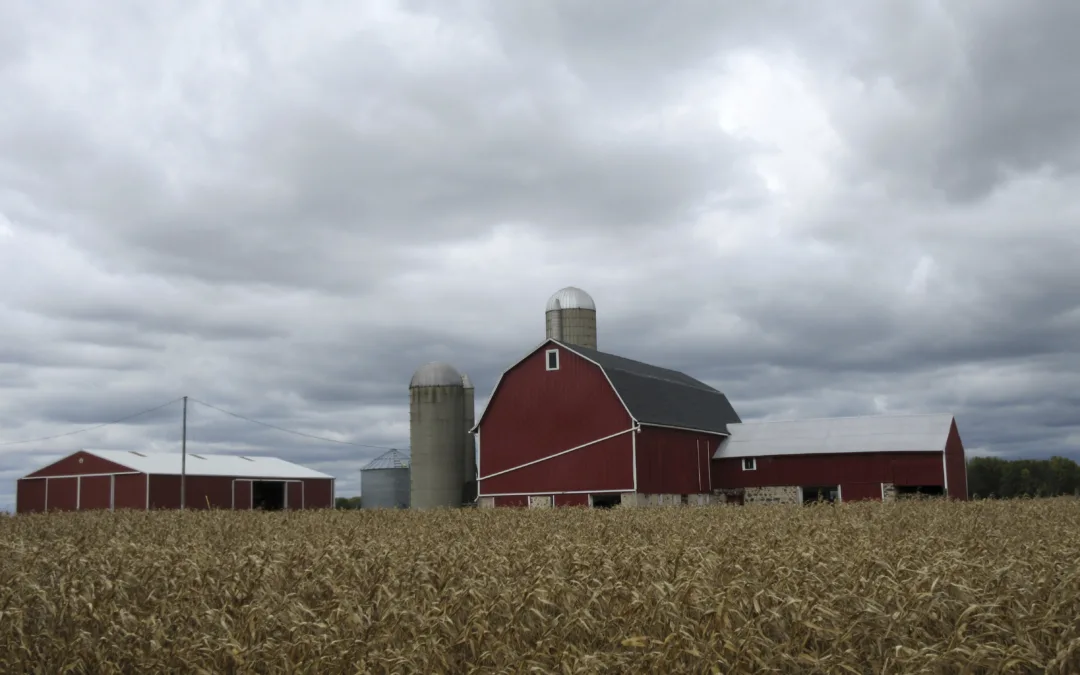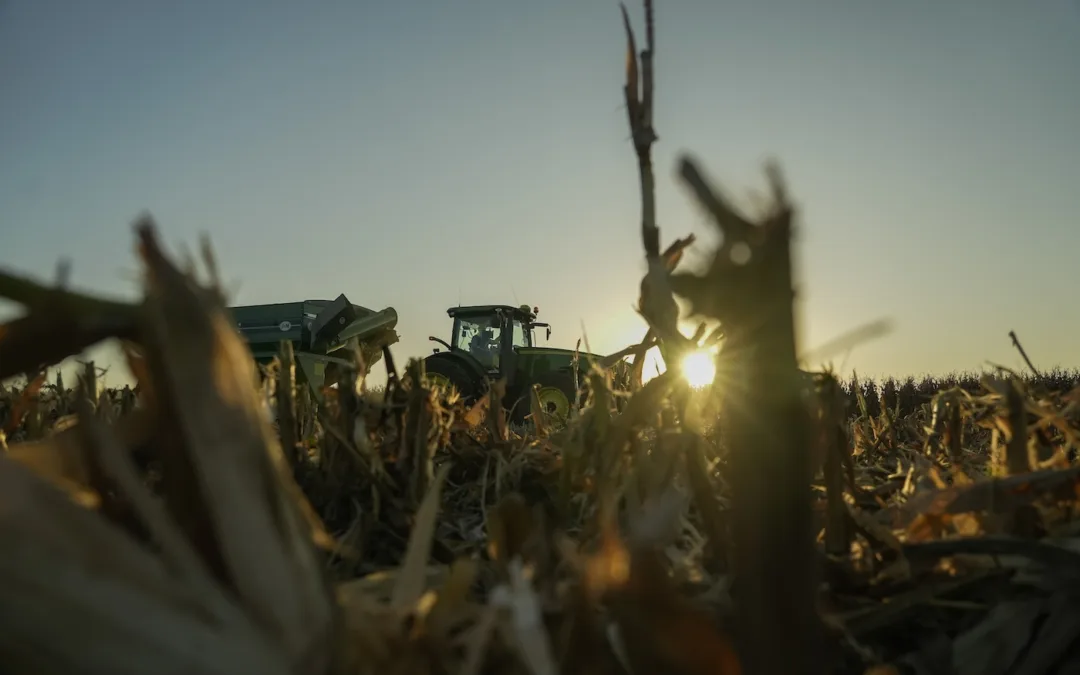
#image_title
#image_title
Central Wisconsin farmers share stories of soaked fields, delayed planting and harvesting with Governor’s Task Force on Climate Change
A Monday night meeting in River Falls designed to discuss issues related to the Kinnickinnic River watershed turned into a forum to express water concerns of another sort: those related to climate change.
One by one, the 15 farmers attending the session discussed how last year’s record-high precipitation hindered both the planting and harvesting of crops, said Bill Hogseth, the watershed coordinator for Wisconsin Farmers Union who attended the meeting of the South Kinni Farmer Led Watershed.
Many farmers noted a 6-inch rainfall last spring that left some farm fields entirely underwater.
“They were saying how entire fields looked like lakes,” Hogseth said. “Every farmer in that room said heavy rains last year impacted them.”
Excess flooding in Wisconsin the past few years is one of many issues the Governor’s Task Force on Climate Change hopes to address through policy changes. Evers established the task force in October to better understand the impacts of climate change in the state.
The task force, chaired by Lt. Gov. Mandela Barnes, includes state agencies, legislators, business leaders, conservation organizations and Wisconsin tribal representatives. Hogseth, representing Wisconsin Farmers Union, is among the group’s 32 members.

During the task force’s meeting Tuesday at UW-Stevens Point, topics ranging from renewable energy sources to reducing vehicle emissions were discussed by task force members, industry representatives and others.
The day-long meeting is part of a series of such events to be held at various locations throughout Wisconsin as part of an effort to advise the governor in developing a strategy to adapt to climate change impacts.
“We are working on devising strategies to mitigate the impacts of climate change on the people of Wisconsin,” Barnes told task force members.
Jeremy Olson, a crop farmer in Trempealeau County, said he hopes the task force comes up with solutions of some sort. Like farmers in the River Falls area, he said last year’s unusually wet weather hindered getting seeds in the ground in spring and harvesting in the fall.
“We’ve had a few wet years in a row,” he said. “We didn’t used to see so many heavy rains. I don’t know if wet weather is going to become the norm, but if it is, farming is going to get even tougher.”
Vernon County, where Wisconsin Farmers Union President Darin Von Ruden operates a 230-acre organic dairy farm, has experienced five 100-year-flood-level rainstorms since 2007, prompting concerns about a changing climate.
“It used to be we would get one big flood event every decade,” he said. “Now we’re having them way more often, and the rainfall amounts are even higher.”
The most significant of the floods occurred in August 2018, Von Ruden said, when more than a foot of rain overnight burst the dam on Jersey Valley Lake near his farm, causing significant flood damage to the surrounding area. Last year’s soggy conditions delayed picking corn for Von Ruden and many farmers until December. Some farmers said heavy rainfall throughout the year wrecked much of their crop.
“We’ve had flooding here before,” he said, “but it just hasn’t been like this. At first there were a lot of naysayers about climate change, but after the last few years more farmers are realizing there is something to it.”
To help alleviate flooding, Gov. Tony Evers on Tuesday announced the introduction of a series of bills designed to help local governments improve flood prevention and rebuilding efforts. Included in the legislation is a provision that would deduct flood insurance premiums from residents’ state income taxes, a factor that may induce the Republican-controlled Legislature to take the measure up for vote.
Whether Evers’ proposal is taken up for vote this year is uncertain. The Assembly adjourned for the year at the end of last month, and the Senate is scheduled to do so by the end of March.
Evers declared a statewide state of emergency because of widespread flooding in March 2019. As part of his flooding bills announcement tour Tuesday he stopped in the Trempealeau County city of Arcadia, which experiences significant flooding often when the Trempealeau River overflows its banks.
Von Ruden said such measures make sense, given flooding of recent years. He said he backs the formation of the governor’s task force and hopes increased use of such energy sources as wind and solar can help reduce carbon usage.
“But the bigger question is, now that we know there is a problem, are people really going to change their behaviors?” he said.
Politics

Opinion: Many reasons why young adults should refuse to let Republicans kill the Affordable Care Act
In this op-ed, University of Wisconsin Medical School student, Samantha Crowley, shares the importance of young adults protecting the Affordable...

He said what? 10 things to know about RFK Jr.
The Kennedy family has long been considered “Democratic royalty.” But Robert F. Kennedy, Jr.—son of Robert F. Kennedy, who was assassinated while...
Local News

Stop and smell these native Wisconsin flowers this Earth Day
Spring has sprung — and here in Wisconsin, the signs are everywhere! From warmer weather and longer days to birds returning to your backyard trees....

Your guide to the 2024 Blue Ox Music Festival in Eau Claire
Eau Claire and art go hand in hand. The city is home to a multitude of sculptures, murals, and music events — including several annual showcases,...




